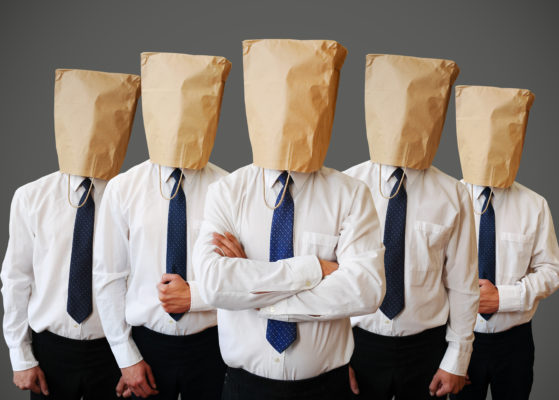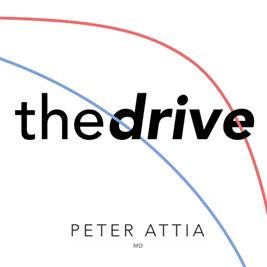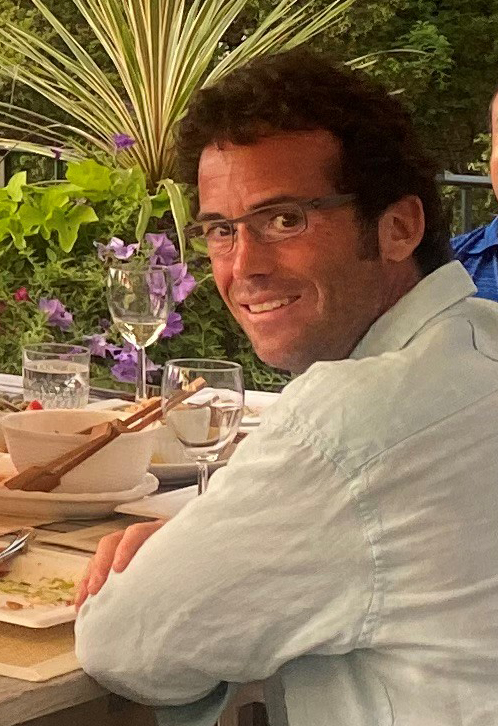1 minute read
Out Islands, Bahamas
As one who was born in the 50’s, grew up in the 60’s (and all that means), went to high school and college in the 70’s, and has been working full time with Entrepreneur Owner-Managers since the 80’s, I’d like to share what an incredible cultural transformation I feel I have witnessed.
For most of the 20th Century, it seems to me, our cultural heroes came from the “public sector” (government or military at whatever level), and the “public company sector”: Winston Churchill, Franklin Roosevelt, John Kennedy, General Eisenhower, Tom Watson, Rachel Carson, Frederick Winslow Taylor, Jane Addams, pick your own list. There aren’t many (any) seasoned successful entrepreneurs on that list. Pretty challenging to be a successful entrepreneur when economies of scale are stacked against you.
Then something big changed—in fact, two big things changed.
First was the adoption, then the plunging cost of semiconductor technology which has brought computing power to almost every person on the planet. That, followed by and coupled with the democratization of connectivity—essentially free, Global, 7 X 24 communication enabled by the world wide web— precipitously (less than 10 years) caused former economies of scale to become diseconomies of scale. Legacy success and the hierarchical organization structure that served the 20th Century big organizations so well became an anchor around their necks. The environment rapidly changed, and they couldn’t. Many of them have struggled for relevance. Some have struggled to survive.
Second was the utter failure by public institutions and their elected and unelected leaders to live up to their previously expected reputation for character. This failure has caused wide disappointment, skepticism, sometimes even cynicism from the rest of us. Bureaucracy metastasized in the public and not for profit sectors; frequently, organizations frequently began to look more like personal empires, than serving the public. Richard Nixon put a period to the end of that sentence (will we ever view politicians at any level as heroes again?).
The 20th Century is often characterized as the century of the transfer of power from the bureaucratic world to the entrepreneurial world; the 21st Century then, is the period of the great adaptation—all of us adapting to that fact. The Entrepreneur Owner-Manager life requires living with uncertainty, right? There’s no notion of entitlement in the EOM domain, no “this is mine; this will be here forever.” That belief and tension can make you very focused, but it can also make you very adaptable. You get a sense of the lay of the land, you have to think in plural positive sum terms, you become a bridge between different people in different situations. When you live with uncertainty, you can’t do it alone. You rely on communication, collaboration, and collective resilience.
What I am Reading / Listening to
The Drive
By Peter Attia, MD
Peter Attia, MD is my go-to medical technology geek. The guy is just the epitome of a coldly rational, wonky physician who isn’t interested in anything, but facts and data. Show me the research. Show me the data. Let me read the original research. Let me page through the data tables.
As a result, Peter’s two recent podcasts on the state of affairs of the SARS CoV 2 virus and the pathetically unscientific public health reaction to it, is great listening for any thinking person. Why? Because it is science, using the scientific method, and of course it is couched in “this is what we understand now.”
The first of the two podcasts is Peter Attia’s The Drive Podcast #189. I am a paid subscriber and listen to it using the podcast manager Overcast, but I think you can find it most anywhere including the video version on YouTube. This is a three-way conversation between physicians Peter Attia, Marty Makary, and Zubin Damania. They discuss the virus, what is known about the omicron variant, the risks and benefits of vaccines for all age groups, and the taboo subject of natural immunity and the protection it offers against infection and severe disease. Themes throughout the conversation include the difference between science and advocacy, the public health messaging which is sowing mistrust in science despite major progress, and a search for what a possible “end” to this situation might look like.
The second of the two podcasts is Peter Attia’s The Drive Podcast #192. Here, in addition to Drs. Attia, Makary, and Damania, they are joined by Dr. Monica Gandhi. In this episode, they talk about new data on Omicron, long COVID, masks, kids and schools, vaccine mandates, policy questions, and treatments.
Highly recommended for thinking people from all domains who want to hear a spirited, unbiased, scientifically informed dialogue about the state of the matter.
Entrepreneur Owner-Manager Quote
“As a third-generation family business, it was important for us to partner with an organization that understands our values and respects our culture. I am confident this transaction will deliver compelling value to our customers and exciting opportunities for our team.”
-Richard Rosenbloom, Chief Executive Officer of Rosenbloom Groupe



